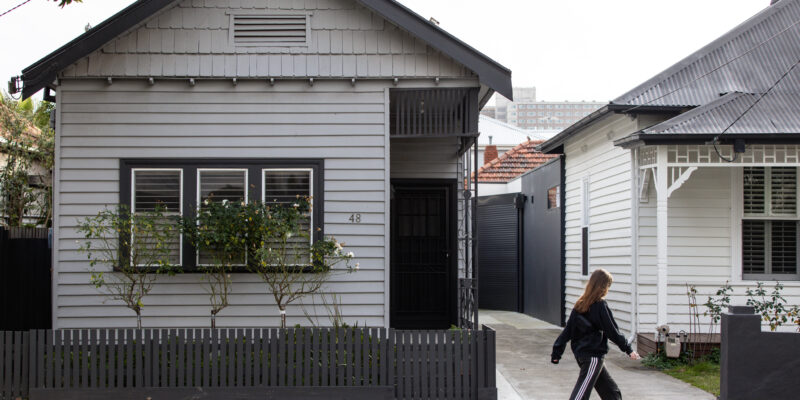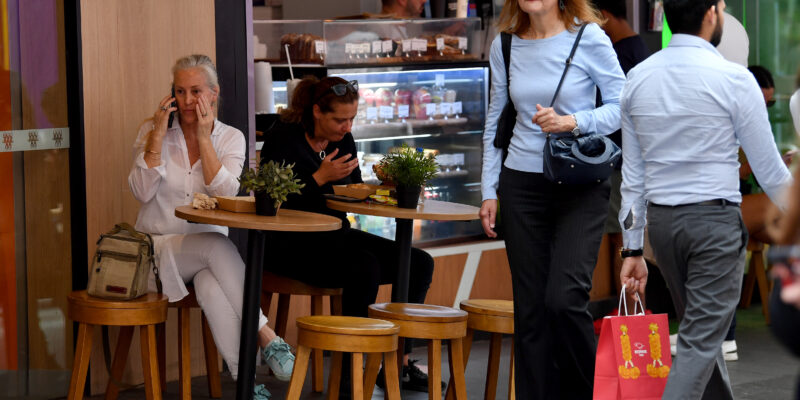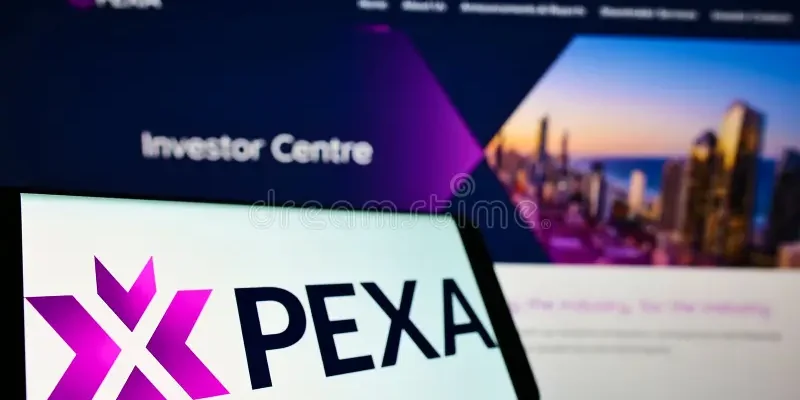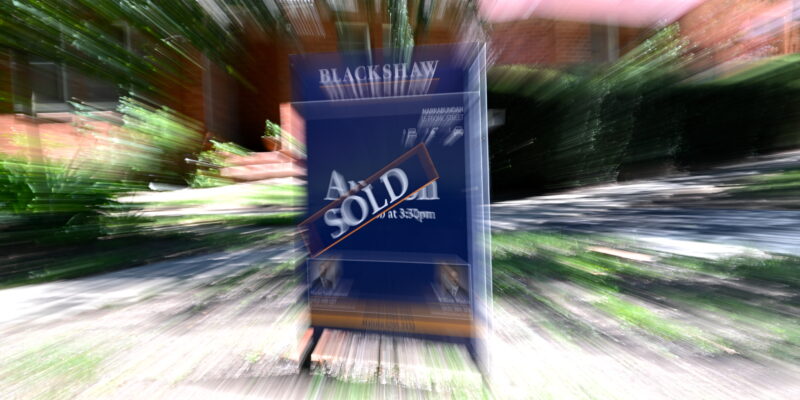Young Australians buy shares as property dream fades
Australia's wealth landscape is changing, and younger Australians are increasingly looking to markets to secure their financial future.

WHAT you own is more important than what you earn, according to young Australians increasingly turning to investment to get ahead, a report shows.
Seven in 10 millennials and Gen Z Australians think owning assets is more critical to financial success than career progression, and they’re 25 per cent more likely to invest in markets than Gen X and Baby Boomers, according to investing platform Stake’s annual Ambition Report.
The shift in attitudes had been in the works for a long time, Stake founder and chief executive Matt Leibowitz said.
“Property has sort of been a runaway freight train and it’s been hard to catch up,” Mr Leibowitz told AAP.
“If you’re in that younger cohort, the ratio of your salary to your loan to your mortgages are just out of control, so the ability to get access to that asset class is very difficult.”
The report, which surveyed more than 2000 Australians, found roughly half of millennials, Gen Z and Gen X felt their wages weren’t keeping up with costs.
The number of Australians investing directly in US markets has surged to roughly one-in-four from around three per cent in 2017 when Stake was established to bridge that gap.
Today, their clients are roughly spread across the two markets, with Fortescue, BHP and Droneshield the most popular ASX stocks, and Nvidia, Tesla and Palantir topping the list for Wall Street plays.
Across all age groups in the report, just under one in two didn’t invest at all (outside of superannuation).
Of those who didn’t invest, 56 per cent said it was because they felt they didn’t have enough money, including more than one in three people on salaries above $151,000.
The reasoning behind this was complex and could relate to having a higher cost base, but in many cases, it wasn’t about the money, Mr Leibowitz said.
“Ultimately, I just think it’s about getting started,” he said.
“People that get started feel more comfortable with what they’re doing, it’s about breaking that barrier and getting into the market.”
One in three non-investors said they were afraid of losing money, roughly the same number preferred to keep their money in a savings account.
But loss aversion could ultimately result in people’s saving’s losing real value as living costs continued to rise, Morningstar associate investment specialist Simonelle Mody said.
“While savings accounts might feel psychologically safer, they don’t come close to beating inflation in the long term,” she said.
“This means you’re quietly losing money every year.”
Average savings accounts in Australia have an interest rate of around 2.7 per cent, according to Trading Economics, a figure that would have trailed headline inflation for more than two of the past five years.
Mr Leibowitz said a cultural shift towards investing was already happening, and was supportive of schools teaching financial literacy at a young age.
“It’s the biggest stress in people’s lives, alongside relationships so let’s make sure that we equip people appropriately for that,” he said.






